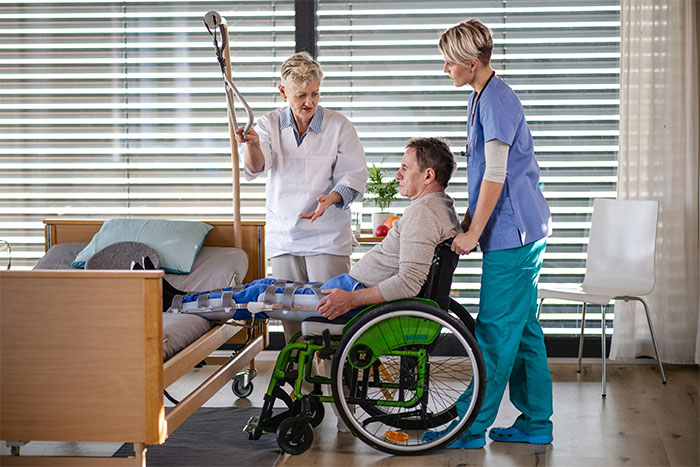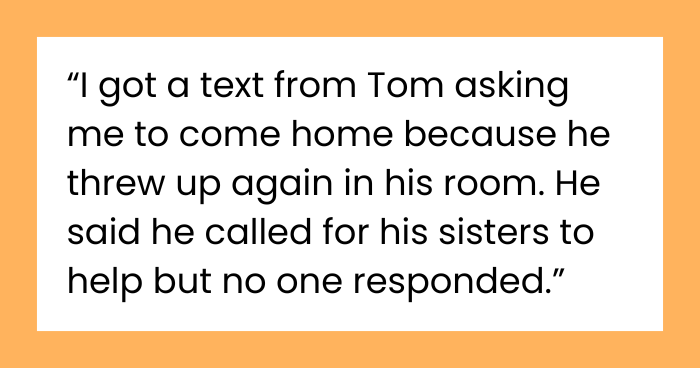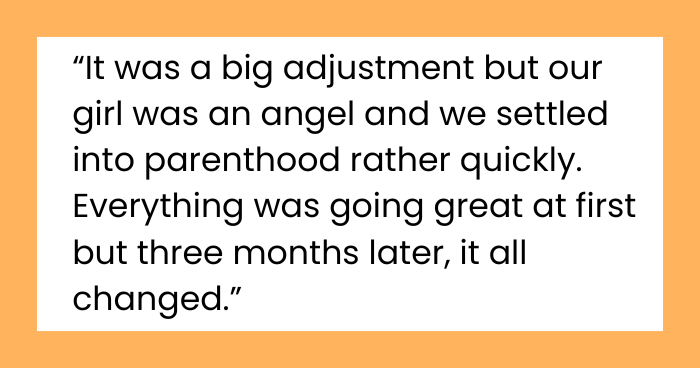When a Split-Second Decision Alters a Life: Navigating Recovery After a Traumatic Car Accident
A single moment can change the course of your life forever. A 26-year-old woman’s normal drive home turned into a disaster when her fiancé went through a blinking yellow light without stopping, causing a terrible T-bone crash. Although her fiancé and his young son were not hurt, she was seriously hurt and had fractures in her pelvis, tailbone, vertebrae, and sternum. After the event, there was a terrible journey of physical pain, mental turmoil, and a deep sense of loss.
Because of her injuries, she had to go through invasive surgeries and a long rehabilitation process. This took away her freedom and stopped the progress she had made in her personal and work life. She is angry at her fiancé for his choice, traumatised by the accident, and facing the difficult road to recovery. The severity of choices made in a split second and the complicated relationship between physical healing and emotional strength are shown by this event.
Most people try to drive carefully, but sometimes accidents happen even when you do everything right
A woman vented online after a devastating accident that put her life on hold for a year
















Understanding the Emotional Aftermath
People who survive traumatic events, like bad car crashes, often have deep emotional scars. People often respond with anger, helplessness, and grief. The National Institute of Mental Health says it’s important to recognise these feelings and get help to deal with them in a healthy way. Trying to hide these feelings can make it harder to get better and make mental health problems worse.
The Role of Support Systems
Getting involved with support networks can help you get better. Communities can help people who have been in car crashes get better by joining groups like the Crash Support Network. Talking to people who have been through the same problems can help you feel better and give you useful ways to deal with them.
Therapeutic Interventions
Professional therapy can help people deal with the mental effects of stress. A method called cognitive processing therapy (CPT) has been shown to help treat post-traumatic stress disorder (PTSD) and other related illnesses. CPT helps people change their negative thoughts and beliefs about the painful event, which makes it easier for them to heal emotionally.
Rebuilding Physical Health
It can take a long time and be hard on the body to heal from serious injuries like pelvic fractures. Following your doctor’s instructions, doing the physical therapy they recommend, and living a healthy life are all important parts of rehabilitation. The American Academy of Orthopaedic Surgeons and other sources give thorough information on how to treat and recover from these kinds of injuries.
Legal Considerations
If someone’s carelessness leads to an accident, it might be a good idea to look into your legal choices. Talking to a personal injury lawyer can help you figure out if you should get paid for your medical bills, lost pay, and pain and suffering. Knowing your rights is an important part of the healing process as a whole.
People online expressed deep sympathy for the author and shared how heartbreaking they found her situation

















